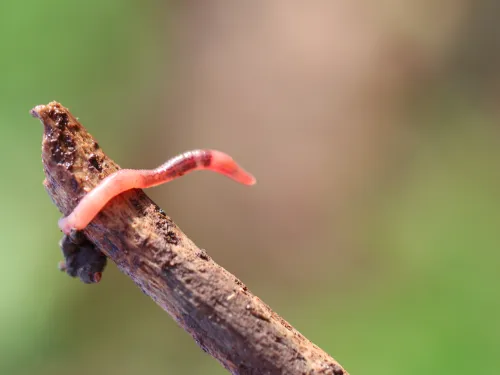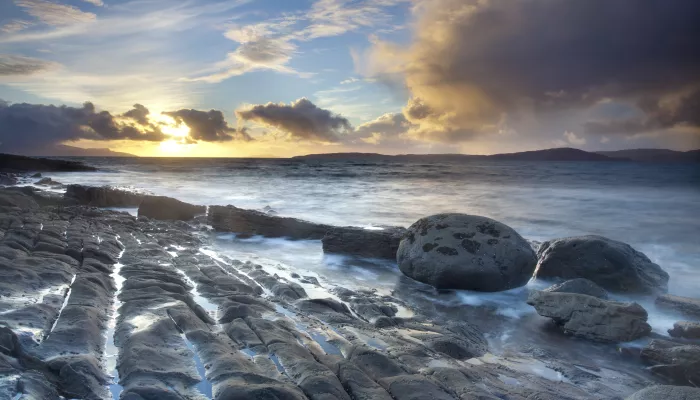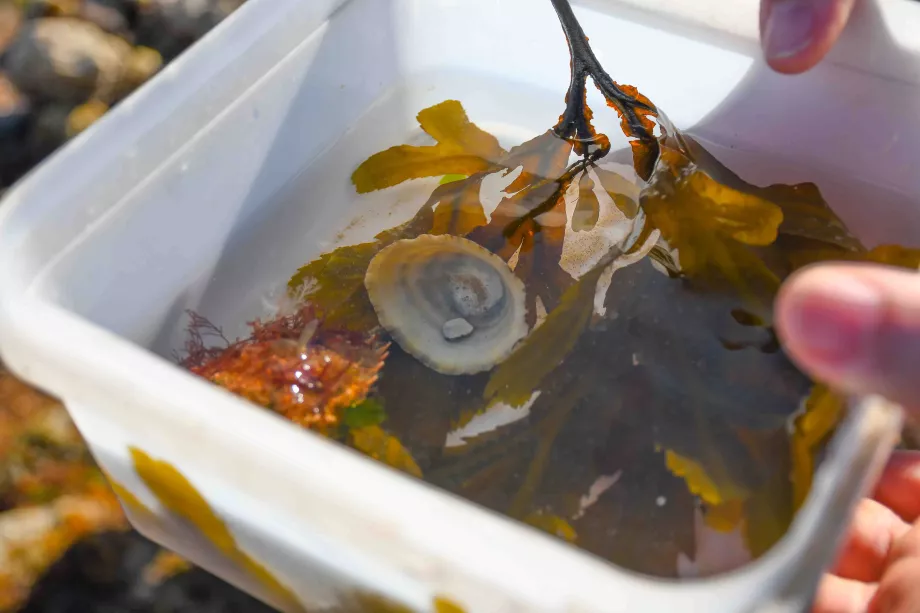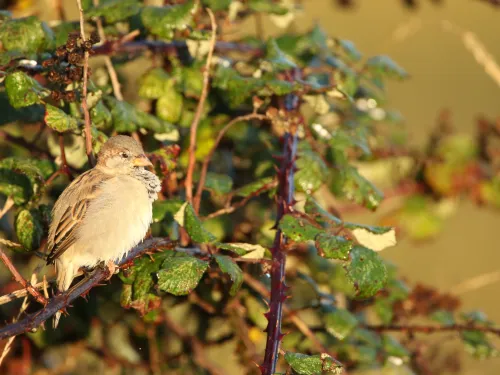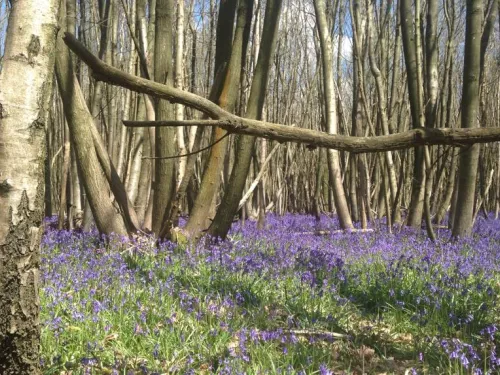Sadly, our coastal and marine habitats and wildlife are under threat. Pressures such as development, pollution, disturbance, invasive species, and climate change are too high in our coastal environment, and we need people and organisations of Kent to combat these issues. I have seen first-hand the impact that some of these pressures have on our wildlife, and by helping to deliver the LNRS and working with partners, I hope to contribute to restoring our coastal and marine environments to a better state than they are in now.
Whilst the LNRS focuses on the specific recovery of habitats and species, there is much that can be done to tackle the pressures – for example, the replanting of seagrass meadows in the Thames Estuary to absorb carbon dioxide from the atmosphere, provide nursery grounds for fish and absorb nutrients from pollutant run off. Proactively managing land to mitigate for climate change effects such as sea level and temperature rise is important to consider when looking at safeguarding our wildlife and of course, us humans.
I’ve been working closely with a variety of people and organisations across Kent, with a huge wealth of knowledge about coastal and marine management and wildlife. There are so many great projects happening across our county. It has been so fun to get to know these amazing people since I started my role in October and it gives me more confidence and hope, knowing that there are such dedicated people out there. I’m sure we can continue to work together to make great stuff happen, even when we think everything is against us.
The LNRS will work on delivering actions for priority habitats and species and finding the best and most practical places in Kent and Medway these can be delivered in. We want as many people as possible to have their say in these decisions so I am urging any readers who would like to contribute to sign up to our mailing list and join our workshops – the next of which are being held in September. You can find more details about The Making Space for Nature project on our website here.
